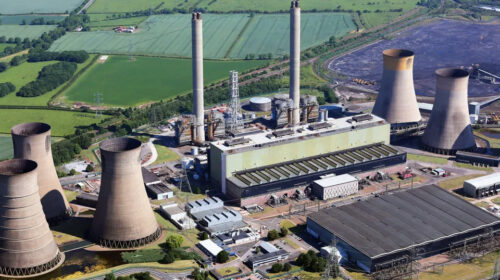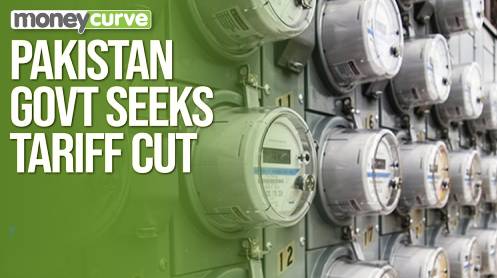THE FATE OF the UK’s West Burton A power station was supposed to be sealed. It is one of only three remaining coal plants in a country committed to phasing out coal completely by 2024. Last March, the plant’s future was bleak. Its owner, the French power company EDF, announced the site would close for good in September 2022. EDF has already shut down two of its four units.
But when the UK came under pressure to ditch Russian energy imports in response to the war in Ukraine, officials approached EDF to see if the site could keep running beyond September, according to The Times. A spokesperson for the UK’s Department of Business, Energy and Industrial Strategy told WIRED the government is exploring a range of options, including extending the operation of coal-fired power stations that are due to close in September. But no decisions have been made and EDF has not received a “formal” request, the spokesperson added.
The UK is not the only country where coal could make a comeback as governments search for power sources to replace the Russian energy in their systems. “We will have to restart coal-fired power plants,” Romania’s environment minister, Barna Tánczos, said last week on Facebook. The country’s Mintia coal plant, which was closed in 2021, could now be reopened, according to local news. Neither Romania’s energy ministry nor the company that controls Mintia replied to a request for comment. The Czech Republic also expects to keep using coal for power beyond the end of the decade. “Pragmatism must trump every political commitment,” Germany’s economy minister, Green Party politician Robert Habeck, said early in March.
The international rush to cut ties with Russia has exposed how reliant Europe is on Moscow to keep the lights on. While the UK only imports 4 percent of its natural gas from Russia, Germany relies on the country for 50 percent, and in Bulgaria that number rises to 100 percent. Since Russia invaded Ukraine, the UK and the EU have been attempting to sever those ties. Britain says it will phase out Russian oil imports by the end of the year and is considering options to end gas imports too. The EU plans to cut imports of Russian gas by two-thirds within a year.
Phasing out Russian energy is a crucial step in freeing Europe to make its own foreign policy decisions, says Georg Zachmann, a senior fellow at economic think tank Bruegel. “That means not being dependent on Russian fossil fuels and thereby subject to energy blackmail,” he says. On March 7, Russia provided a preview of what that blackmail could look like—threatening to cut natural gas supplies to Europe in response to sanctions.
The prospect of Russia cutting off gas supplies has sparked a rush for alternatives that could prevent an energy crisis next winter. The EU has argued that any gap left by Russian gas can be filled by renewables in the long term. “Renewables give us the freedom to choose energy sources that are clean, cheap, reliable, and ours,” said European Commission vice president Frans Timmerman.
But experts believe the short term will be more complicated and could spark a resurgence of fossil fuels. In the first week of March, power plants in Europe burned 51 percent more coal than a year earlier, according to data from research institute Fraunhofer ISE. The world’s biggest private coal producer, Peabody Energy, posted record results in February, reaching net earnings of $513 million in the final three months of 2021, up from a loss of $129 million a year before. In Europe last year, coal power registered its first increase in almost a decade, up 18 percent.
ut analysts like Zachmann argue that any new reliance on coal is simply a short-lived way to leverage existing infrastructure until renewables can pick up the slack. “The benefit of [burning more coal] is we have existing coal-fired power plants that can do that, that do not require new investments, and therefore we do not lock in new dependencies,” he adds.
ut analysts like Zachmann argue that any new reliance on coal is simply a short-lived way to leverage existing infrastructure until renewables can pick up the slack. “The benefit of [burning more coal] is we have existing coal-fired power plants that can do that, that do not require new investments, and therefore we do not lock in new dependencies,
But Karsten Smid, climate and energy expert at Greenpeace Germany, says even these measures need to factor in the use of coal. “In the short term, we are so dependent on Russian imports that we need everything that we can do, and so in our prognosis there will also be a shift from gas to coal.”
This might be a surprising position for Greenpeace to take. But for Smid, it’s a question of priorities. “There is no clean oil, and there’s no clean coal, but at the moment everything is better than financing Putin’s war in the Ukraine,” he says.





